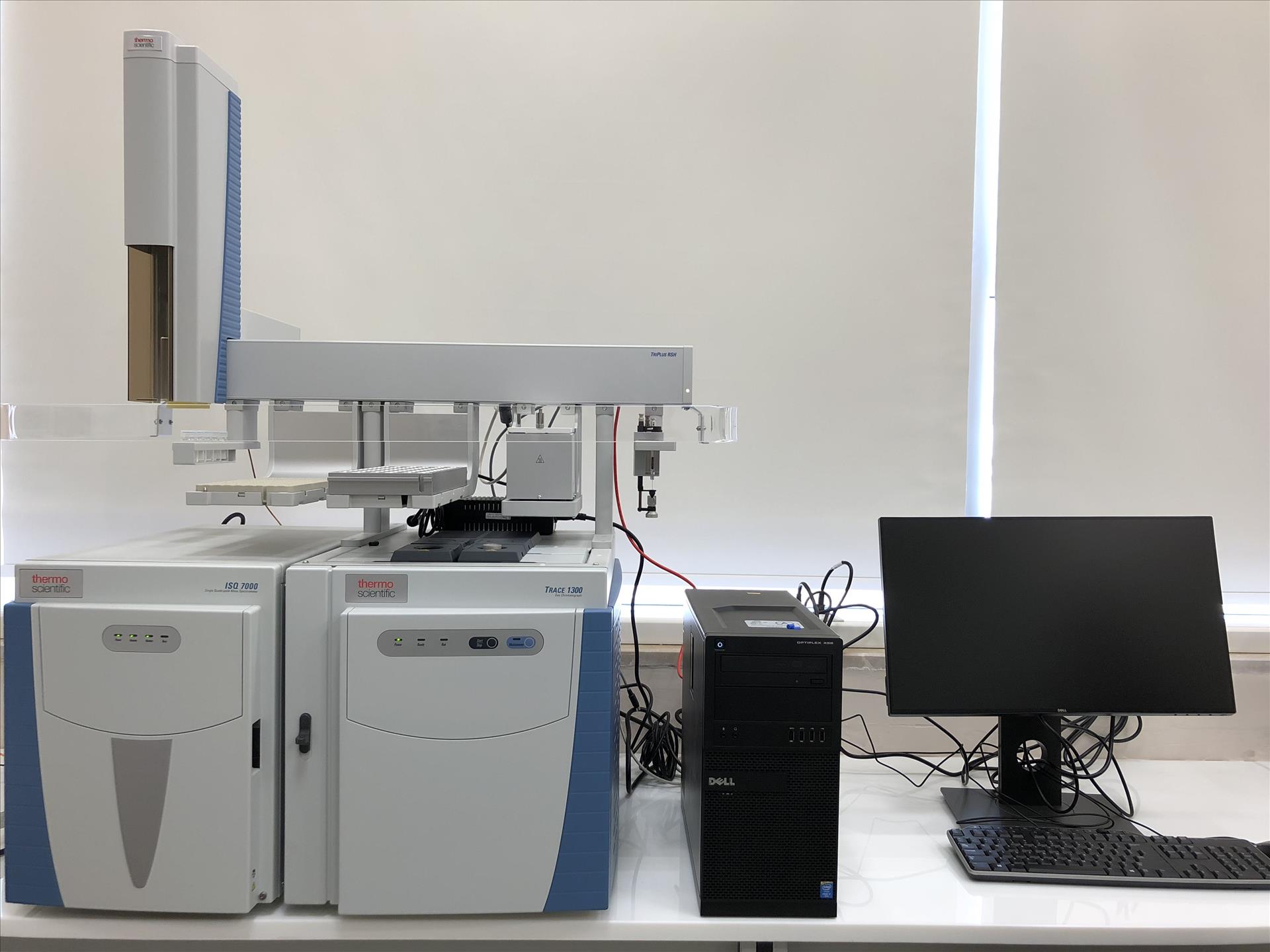GAS CHROMATOGRAPHY-MASS SPECTROSCOPY (GC-MS)
Gas chromatography-mass spectrometry (GC-MS) is an analytical method that combines the properties of gas chromatography and mass spectrometry to identify different substances within a test sample. The contents of the samples which can be found in the gas phase or gasified by GC can be separated by mass and can be illuminated by advanced molecular determination. GC-MS applications include drug detection, fire research, environmental analysis, investigation of explosives, and identification of unknown samples, including material samples from the Mars planet during the drilling operations in the early 1970s. In addition, it can identify trace elements in materials that are thought to be more fragmented than previously described. The mass spectrometer also moves the method to the next level for quantitative (quantitative) illumination of the sample content after chromatographic separation. It provides analysis and detection even in small amounts of a substance, such as the liquid chromatography-mass spectrometer. GC-MS is therefore considered a "gold standard" for forensic substance identification because it is used to perform a 100% specific test that positively identifies the presence of a particular substance.
Our current GC system incorporates mass spectrometry (MS), flame ionization dedector (FID), SPME, headspace and liquid injection units. can perform qualitatively and quantitatively.
Device: ISQ QD
Scope of application:
- Petroleum, Petroleum Derivative and Petrochemical Analysis,
- Volatile or Semi-Volatile Substances,
- Food Samples,
- Oil Samples,
- Cosmetic Product Analysis,
- Determination of Doping Substances.


